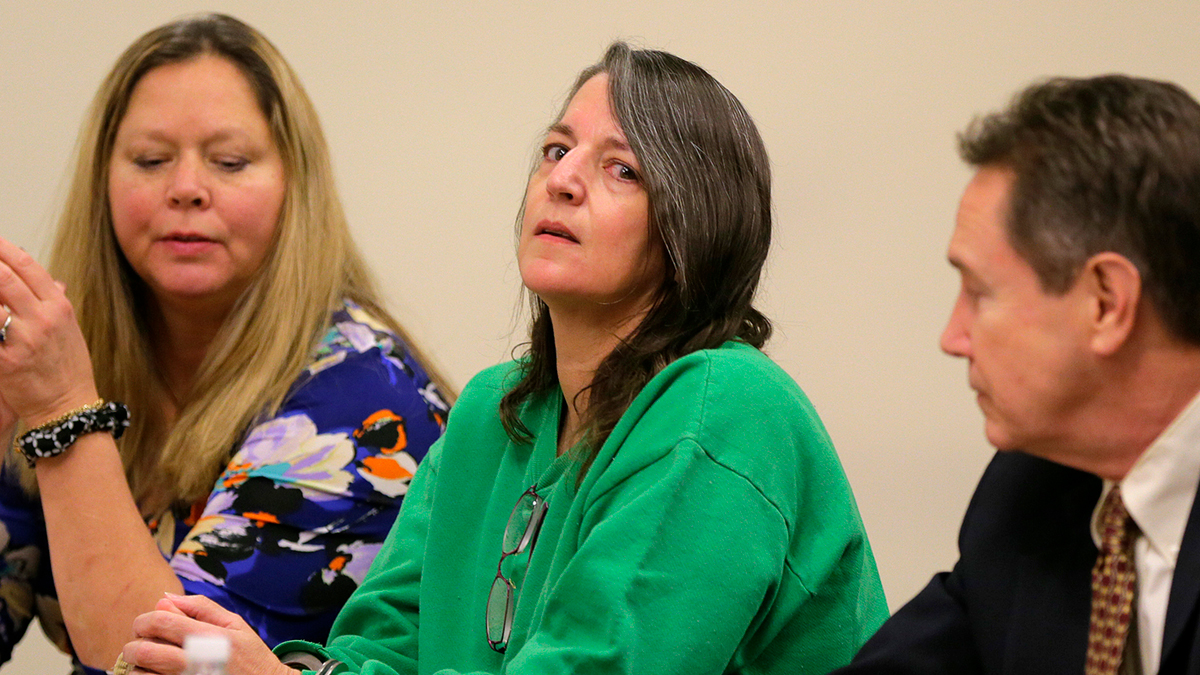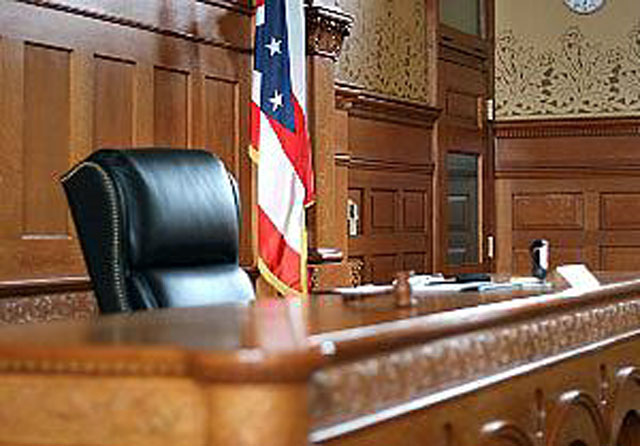One of New Jersey’s most notorious cold cases is getting a new life.
The state Supreme Court on Wednesday took the rare step of ordering a rehearing in the 2016 murder conviction of Michelle Lodzinski.
In May, the court split 3-3 but rejected Lodzinski’s appeal of her conviction for killing her 5-year-old son in 1991. But in Wednesday's opinion, the Supreme Court conceded it made a procedural mistake by ruling on an appellate court decision that had applied an incorrect legal standard.
A rehearing on the matter is scheduled for later this month.
Get Tri-state area news and weather forecasts to your inbox. Sign up for NBC New York newsletters.
Lodzinski had been a suspect from the outset after she told investigators Timothy Wiltsey disappeared while they were at a carnival in Sayreville, but gave varying accounts describing strangers who could have kidnapped him.
Lodzinski moved to Florida and had two other children, but was charged in 2014 when authorities in New Jersey charged her after Wiltsey’s former babysitters identified a blue blanket, found near the boy’s body 11 months after he disappeared, as belonging to Lodzinski.
During her 2016 trial and on appeal, Lodzinski’s lawyers argued that no forensic evidence tied her to the blanket and that prosecutors didn’t produce enough evidence to show Lodzinski purposely caused the boy’s death. A cause of death couldn’t be determined because Wiltsey’s body had deteriorated.
Prosecutors argued the totality of the evidence was enough to prove Lodzinski’s guilt beyond a reasonable doubt. An appeals court agreed in 2019 when it upheld Lodzinski’s conviction, but the Supreme Court wrote that the appeals court only considered evidence offered by prosecutors and not by Lodzinski.
In a concurring opinion Wednesday, Justice Barry Albin, who wrote a scathing dissent in May when the conviction was upheld, wrote that the Supreme Court should either have sent the case back to the appeals court to conduct another review of the evidence, or call up a member of the appellate division to the Supreme Court to break the deadlock.
“Proceeding as we did was a mistake,” Albin wrote.
Supreme Court Chief Justice Stuart Rabner didn’t participate in the May ruling or in Wednesday’s opinion.
Three judges dissented Wednesday, writing that the correct standard was applied and that Lodzinski's constitutional rights were protected.
Messages were left Wednesday with an attorney representing Lodzinski and with the state attorney general's office.



